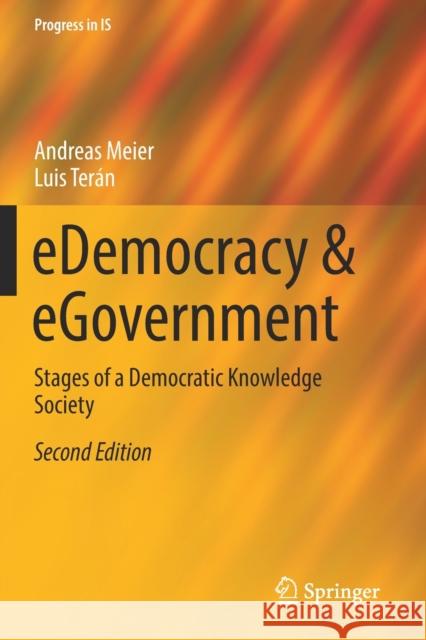Edemocracy & Egovernment: Stages of a Democratic Knowledge Society » książka
topmenu
Edemocracy & Egovernment: Stages of a Democratic Knowledge Society
ISBN-13: 9783030175870 / Angielski / Miękka / 2020 / 261 str.
Edemocracy & Egovernment: Stages of a Democratic Knowledge Society
ISBN-13: 9783030175870 / Angielski / Miękka / 2020 / 261 str.
cena 261,63
(netto: 249,17 VAT: 5%)
Najniższa cena z 30 dni: 250,57
(netto: 249,17 VAT: 5%)
Najniższa cena z 30 dni: 250,57
Termin realizacji zamówienia:
ok. 16-18 dni roboczych.
ok. 16-18 dni roboczych.
Darmowa dostawa!
Kategorie:
Kategorie BISAC:
Wydawca:
Springer
Seria wydawnicza:
Język:
Angielski
ISBN-13:
9783030175870
Rok wydania:
2020
Wydanie:
2019
Numer serii:
000445205
Ilość stron:
261
Waga:
0.39 kg
Wymiary:
23.39 x 15.6 x 1.47
Oprawa:
Miękka
Wolumenów:
01
Dodatkowe informacje:
Wydanie ilustrowane











